
Immediate impact of Brexit "quite minor" say architects
The immediate impact of Brexit has been limited according to UK-based architects, but they fear that winning work and recruiting staff in the European Union will now become harder.
The "immediate impact appears to be quite minor," said one of the 14 studios Dezeen approached for comment on how the UK's departure from the EU has affected them now the transition period has ended.
However, many firms believe that the biggest long-term impact will be on recruitment, with several studios reporting a loss of EU staff.
Below, 14 architecture studios discuss how Brexit has affected them and how they are managing the changes.

"We plan to open a new studio in the EU"
Andrew Waugh, director, Waugh Thistleton Architects
What impact have you seen so far? Firstly, leaving the EU is incredibly frustrating. It's pointless, narrow-minded, backward jingoistic populism at its cynical worst. It's important to get that off my chest!
Our team used to be about half UK and half from mainland Europe but over the last few years since the vote, this has dwindled to a stalwart few Europeans.
We've managed to keep working with a few of the people that returned home [to Europe] and now have fledgling offices in Madrid and Venice, but we miss the diversity and dynamism that having a more international home office gave us.
How do you expect Brexit will impact your studio moving forward? We're not sure. About half our work is in the EU and the ambition for sustainable construction is so much higher across the channel. We were certainly appointed with the knowledge that Brexit was going to happen so it hasn't affected our current work, but I'm concerned that as Europe refocuses and inevitably drifts away from the UK it will make those projects harder to come by.
Competing for OJEU projects will still be possible thankfully, although persuading clients that working with a UK practice will be as seamless as working with an EU practice will be a struggle.
Are you seeing issues with staff and or suppliers? Not yet but I'm nervous that some of the high-quality, low-carbon products that we use that are manufactured in Europe may become increasingly unaffordable.
We will have to see what happens to our currency and with import hassles! But when you're designing a building that will be built in a year or so and you want cost certainty then that makes it complex on our UK projects, again stifling innovation.
The only positive I can think of is that with the UK construction workforce vastly reduced by people returning to the EU perhaps this will give the industry the kick toward innovation that is so desperately needed!
What steps are you taking to mitigate the impact? This year we plan to open a new studio in the EU but we're just not sure where yet: Dublin, Amsterdam, Paris, Madrid, Milan, Berlin…Thank goodness I'm an Irish citizen!
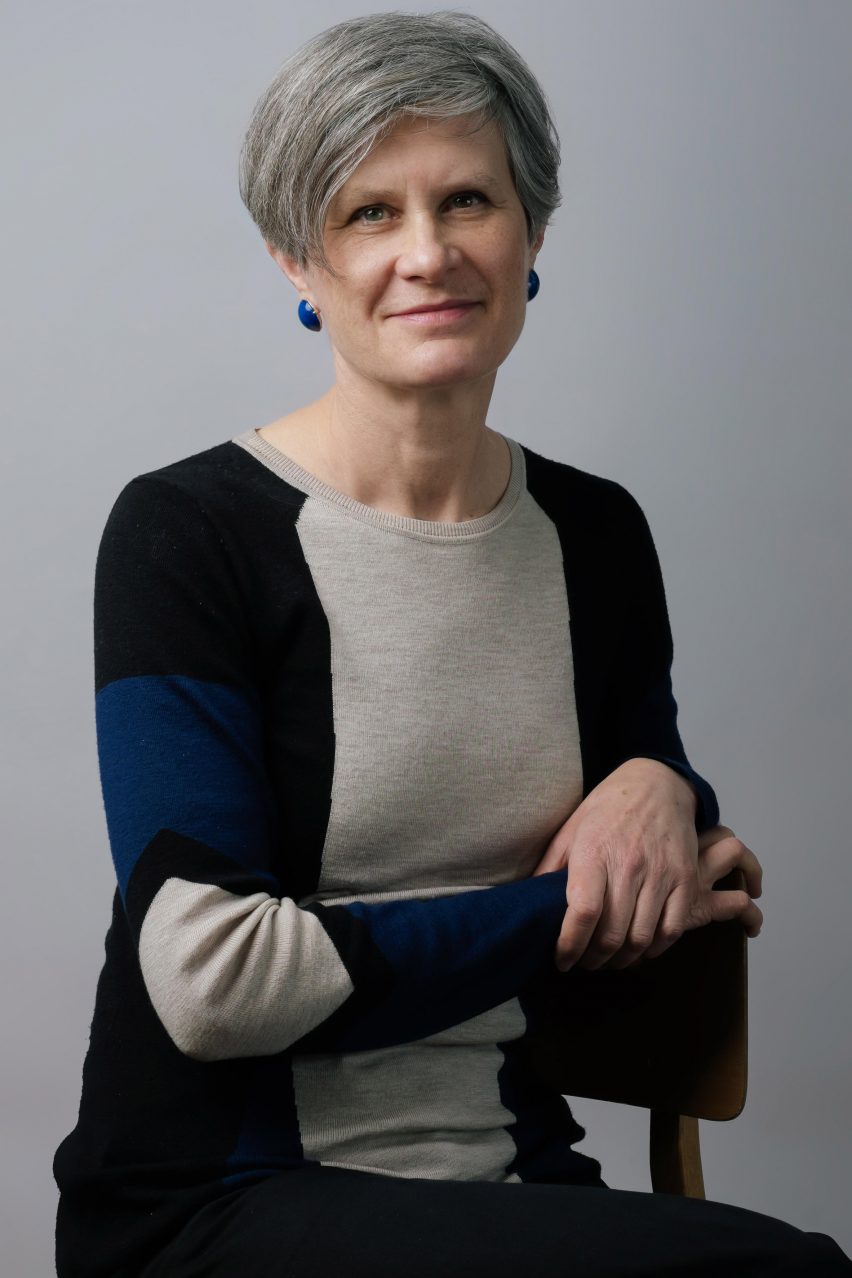
"Our ability to recruit from a pool of global talent will be greatly restricted"
Sarah Wigglesworth, founder, Sarah Wigglesworth Architects
Now it has happened, what impact has Brexit had on your studio? As far as I'm aware it hasn't had any impact. We don't work outside the UK.
How do you expect Brexit will impact your studio moving forward? Our ability to recruit from a pool of global talent will be greatly restricted if they want to work in the UK. Qualifications are not mutually recognised anymore and work permits will be needed if we hire staff from abroad. The additional paperwork will cost us more.
Are you seeing issues with staff and or suppliers? Not yet. One member of staff is considering moving abroad as they dislike the current mood in the UK. They can probably operate as normal from a long distance, as someone is already doing. We'll see how that works out in the long term.
We don't have anything on site at present but everyone is predicting shortages of materials and rising prices. My guess is that this will affect a fair amount of products used in building because we don't manufacture much any more.
What steps are you taking to mitigate the impact? We're watching what is happening and seeing how it unfolds. We are reaching out to our contacts in Europe to try and strengthen our ties despite the ‘official' story. We exhibited in Copenhagen in 2019 and I'm visiting professor at Polimi Milan in June.

"EU colleagues feel affronted by the suggestion that they have to justify their presence in the UK"
Ben Derbyshire, chair, HTA Design
Now it has happened, what impact has Brexit had your studio? The immediate impact of Brexit on HTA Design's four studios in London, Edinburgh, Manchester and Bristol, is dwarfed and completely obscured by the simultaneous effect of the pandemic and the most recent lockdown.
All of our studios are closed and our 230 staff are working from home, many struggling with the return to homeschooling. The implications for these families is grievous and we know from the previous lockdowns that it is so much harder to design collaboratively and deliver efficiently.
How do you expect Brexit will impact your studio moving forward? Many of our colleagues are from the European Union. They feel affronted by the suggestion that they have to justify their presence in the UK and some have already left to return to their home countries.
We hugely value the competence and diligence of team members trained in the European system and entirely refute the suggestion that the RIBA Part 3 delivers inherently greater competence than our European counterparts. Some of our staff are now working from EU countries – an interesting development we might never have contemplated had not the pandemic taught us that it is possible, though inevitably less productive, for people to work from home – wherever that may be!
Are you seeing issues with staff and or suppliers? It's a sad truth that many of the quality products that go into building homes are not made in the UK – most are made in Europe; heating systems from Belgium, windows from Germany and Scandinavia and so on. It may be that one of the arguments for Brexit is to stimulate domestic production but in the meantime, there are bound to be impacts on the supply chain caused by increased friction at the border.
We are already seeing news stories about EU companies refusing to supply the UK. When that happens, the sensitive business plans that support development will be disrupted, costs and programs will increase and projects will be delayed and disrupted.

"The industry is missing out on a large proportion of next-generation talent"
Naila Yousuf, partner, Wright & Wright Architects
Now it has happened, what impact has Brexit had your studio? New public projects will be procured in a different way. Things like OJEU are likely to disappear. What will replace it? Regulations across the board will need to be reinterpreted initially and then revised. For example, fire regulations have developed so that British Standards and European standards such as 'Euroclass' broadly align. In particular, Euroclass was originally introduced to harmonise standards across the EU.
Particular products currently specified by architects are manufactured in Europe and only have European certification, which means it is now down to architects and designers to interpret the legislation or change our approach to specifying materials and building systems.
How do you expect Brexit will impact your studio moving forward? We have had fewer European job applicants since the Brexit vote, though we have three European staff members who all studied in the UK. Students at undergraduate and master's level are suffering; we have received feedback from students that visas granted for study now expire almost as soon as students graduate, which means the industry is missing out on a large proportion of 'next generation' talent, including the top students from schools of architecture.
Are you seeing issues with staff and or suppliers?
On suppliers and materials, lead times on some products have increased. For example, mechanical & electrical systems (M&E), specialist light fittings made by companies like Iguzzini and specialist glazing systems made by companies like Schuco are all made in Europe and are typically architect's favourites due to the quality of product.
Whilst architects and designers can make enquiries on lead times during the design process, these are now prone to a greater degree of unpredictability. Is it likely that British industry will upskill in order to establish a base of expertise for specific types of construction or manufacturing currently done in Europe?
We have received feedback from staff that Brexit has impacted student loan repayments when payments are made from pounds to euros, which means that many architects paying off student loans were out of pocket almost overnight once the Brexit vote came through.
What steps are you taking to mitigate the impact? We are maintaining our relationships with schools of architecture and continue to offer support where possible. We offer sponsorship to Part I candidates who are not British nationals. We are constantly looking to expand our horizons by exploring new materials, products and methods of construction.
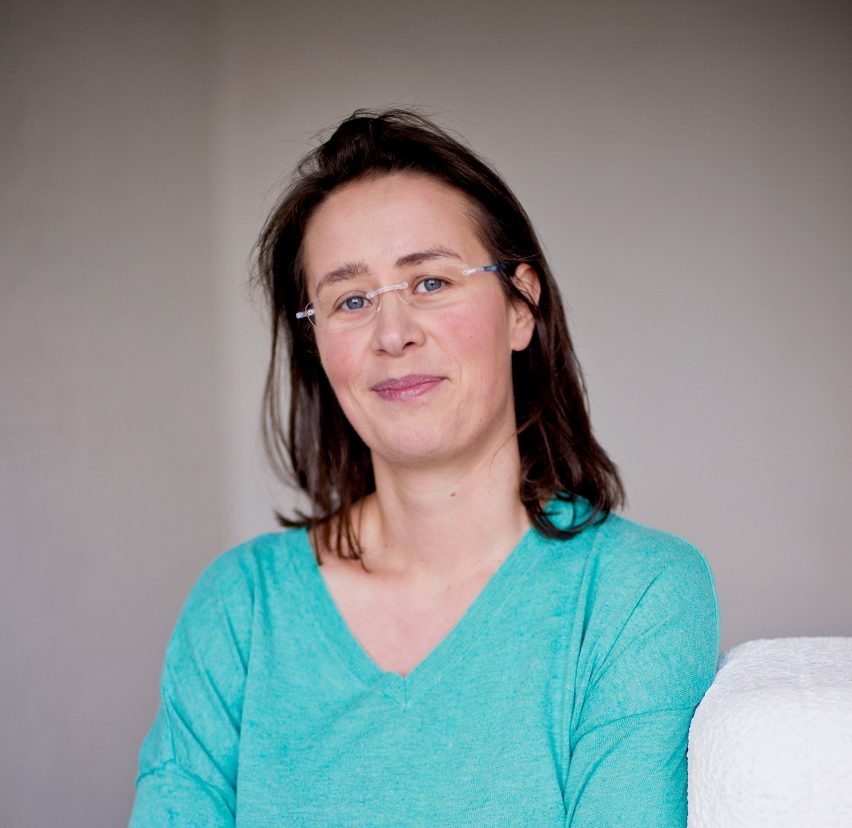
"We are looking into setting up a European office"
Tracy Meller, partner, Rogers Stirk Harbour + Partners
Now it has happened, what impact has Brexit had on your studio? We have always had a strong presence in Europe, starting with the Pompidou, and maintained an office in Madrid for over a decade, with many ongoing projects in Spain, France and Switzerland.
Europe is part of our studio's DNA and so there is a great sadness, and anger amongst staff that the UK has chosen to leave the EU and how it has gone about this. However, the immediate impact is one of administration and logistics as since the 1st of January British architectural qualifications are no longer recognized in Europe, which is creating additional difficulties for both established projects and new work. The Brexit deal has absolutely no provision for professional services and as such has created great uncertainty for the industry.
How do you expect Brexit will impact your studio moving forward? We are very concerned that getting work in Europe will become increasingly difficult, as clients may be wary of employing British architects, with the additional administrative implications, magnified by ongoing uncertainty as to how issues such as professional equivalence will be resolved. We will no longer be competing on a level playing field with European firms, as there is a disincentive to select a British firm. In effect, the market for new work has just dramatically shrunk, which will only compound the difficulties already faced by many architects in the UK because of the covid pandemic.
Are you seeing issues with staff and or suppliers? Our London office has always been enriched by the high numbers of staff from outside the UK that we employ, many of whom are Europeans attracted to working in a diverse and multicultural city. We are very concerned that this will change if London no longer enjoys this reputation, we fear that not only will our staff be more attracted to other European hubs such as Paris or Berlin, but that longer term London will no longer attract the same diversity of talent which will be to the detriment of our studio and our work.
What steps are you taking to mitigate the impact? We are looking into setting up a European office which we hope will enable us to build on the presence we have established there. It's profoundly frustrating, however, that were doing business on the continent was seamless just weeks ago, it's now a process fraught with obstacles.
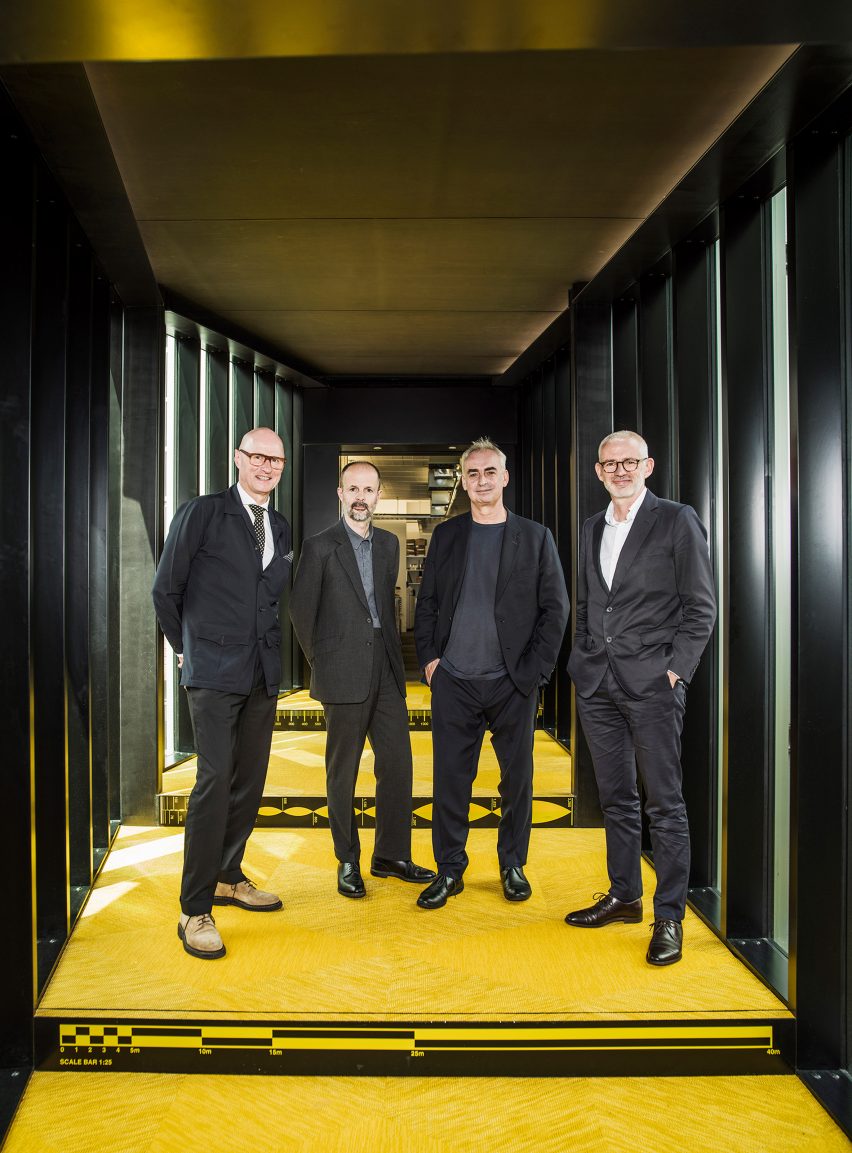
"Brexit will most directly impact us when it comes to recruitment"
Directors at AHMM
Now it has happened, what impact has Brexit had on your studio? To date, thankfully, no noticeable impact. The majority of our projects are in the UK and the US and our clients for European projects (in the Republic of Ireland in particular) are international organisations.
How do you expect Brexit will impact your studio moving forward? Brexit will most directly impact us when it comes to recruitment. Approximately 35 per cent of our architectural team is from Europe – a proportion which was sustained throughout a three year period of growth and recruitment despite the referendum result. Following Brexit, we expect it will now be significantly more long-winded and hence more costly to recruit talented people from Europe.
Are you seeing issues with staff and or suppliers? A small number of European employees have left us in the last six months, but we put this down to the impact of COVID-19 and the understandable impulse to move closer to home for some.
What steps are you taking to mitigate the impact? For the time being our focus has been on seeing our way through the health crisis and preparing ourselves, as much as you ever can, for the economic fallout which may follow.
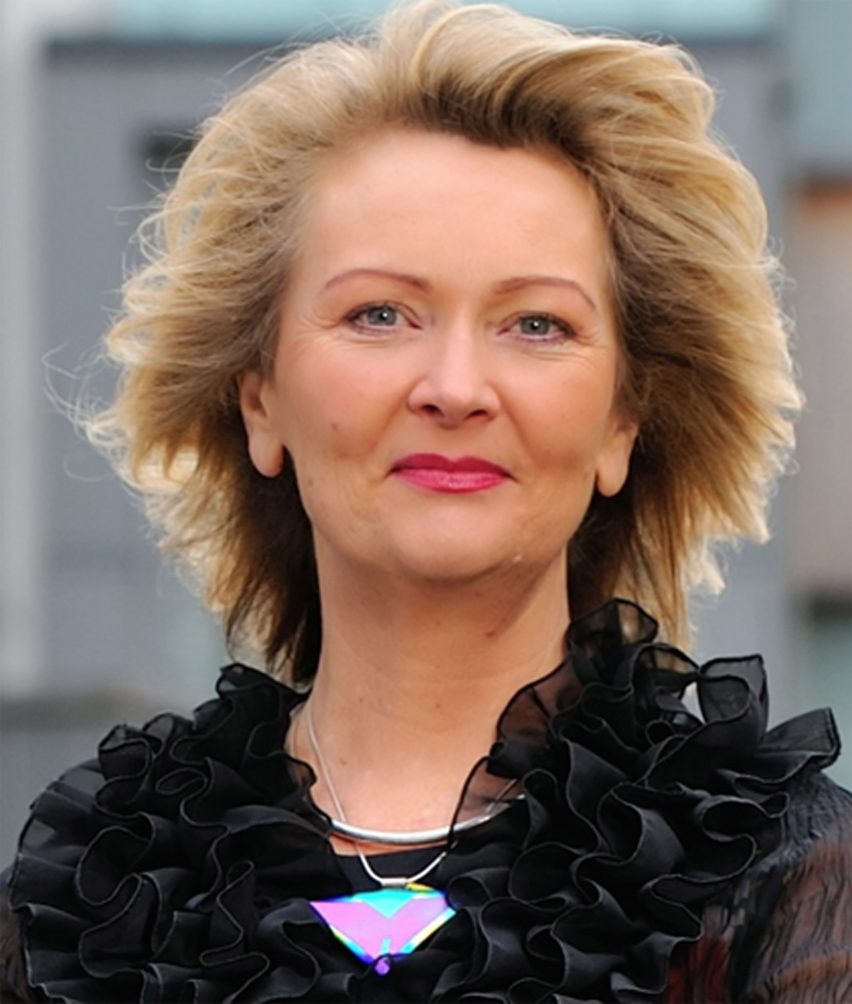
"The impact will not be immediate but it will lock us out of EU opportunities"
Angela Brady, co-founder, Brady Mallalieu Architects
Now it has happened, what impact has Brexit had on your studio? It is hard to be positive with the Brexit and Covid double whammy but we try. Things are quiet because of Covid throughout our profession and construction industry.
We are hugely disappointed with Brexit turning UK backs on the biggest market business partner and neighbour. Many of our EU international clients may think twice about working with us due to red tape restrictions.
How do you expect Brexit will impact your studio moving forward? The impact will not be immediate but it will lock us out of EU opportunities. It will be harder to work on projects in EU as so much red tape and recognition of qualification – something our RIAI London Forum spent years working on 25 years ago for recognition of our diploma and degrees from Ireland. So a backward step there. Procurement won't be easier or much different as UK adopted the same type of EU rules.
Are you seeing issues with staff and or suppliers? No problems with staff as we are an SME and all UK-based and don't need visas to work here. I do think in larger offices, where students come to the UK for work experience, it will be difficult with visas and permits and this will in time lead to a lack of diversity and kill off opportunities for EU students to join UK uni experience, and [they] will have difficulties accessing the Erasmus Programme.
Our sites are mostly closed at the moment but the contractors did have issues with supplies to do with Covid delays and the tailbacks of supplies entering the UK in recent weeks. This is likely to be exacerbated and if importing an exhibition or goods there is still no clarity on any import tax/duty. It is too soon to tell about the supply chain. People are still not given enough information on costs of materials – which will go up and could affect the viability of projects from specification of materials to delivery of projects on cost and on time.
What steps are you taking to mitigate the impact? We are working on some feasibility studies for new housing projects so desperately needed in London, so that when we emerge from Covid and face Brexit at least they can be ready to go to the next stages. It also gives us more time as we are working remotely, to do some more research and development.
We are also seeking more work in Ireland as are also registered there, and there is still a special relationship between UK and Ireland. We have a great new project in Cork at pre-planning stage for a 'Centre of Excellence for Climate Action' being launched in two weeks time. This gives us great joy as it is the direction we as a profession need to go in, to help to mitigate Climate Change and give people the tools to get there. This will be an EU funded project, something not available for UK anymore – sadly.
On the positive side, I have more time to be creative and indulge myself with making fused glass in my home studio, which is more than just a hobby – it keeps me sane too.

"There is far more that brings us together than divides us"
James Nelmes, director, Bennetts Associates
What impact have you seen so far? The uncertainty surrounding the potential impacts of Brexit cast a shadow for some time after the referendum. It is too soon to say what the actual impact of the transition on 1 January will be.
However, it is unlikely to make winning work in Europe any easier from the UK. Some potential clients in Europe have expressed concern around the additional cost of working with a UK team. Towards the end of last year, we were interviewed for a theatre project in Delfzijl, and the client's question to us then was – "How will Brexit affect our working relationship?"
How do you expect Brexit will impact your studio moving forward? We recently revised our business plan and intend to continue targeting work abroad, building on our recent project for Importex in Athens and work further afield. We have a specific area of Europe for which we have an affinity, we have built relationships with local partners and we feel we can differentiate ourselves.
Are you seeing issues with staff and or suppliers? We are being told by contractors to expect delays on lead-in times for some products and possible price fluctuations. Most surveyors will tell you any predictions are presently little more than guesswork. One of our large construction sites in London is facing a short-term issue with a number of agency staff being held at customs in France whilst awaiting clearance to return to work in the UK.
What steps are you taking to mitigate the impact? The best mitigation is to keep designing the best architecture at the lowest environmental cost. Most of our European friends and peers share this goal. There is far more that brings us together than divides us. Our shortlisting for the Opera House in Ghent has given us confidence and we will continue to grow relationships, approach clients with targeted communications and be active Europeans.
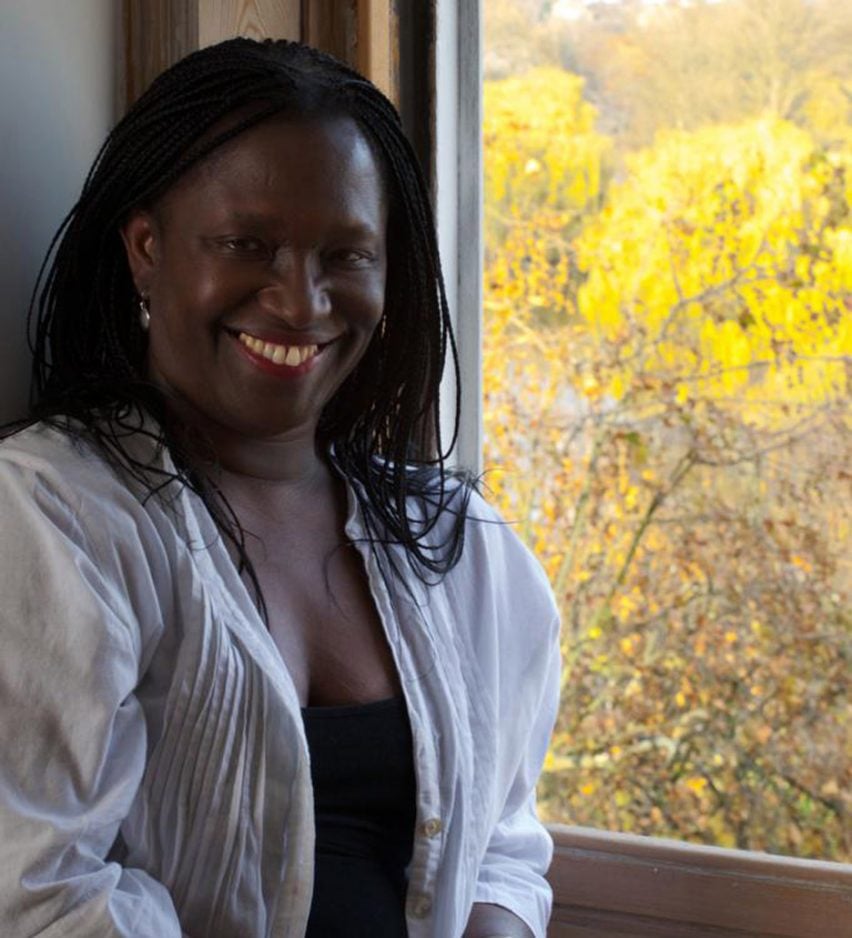
"[Brexit has] huge number of potential opportunities"
Elsie Owusu, principal, Elsie Owusu Architects
Now it has happened, what impact has Brexit had on your studio? I have gone from being a complete sceptic of Brexit to seeing it as having a huge number of potential opportunities. We are working in the UK, Nigeria, Ghana and China and before Covid we were trying to work out a way to develop digital ways of working and digital relationships.
When lockdown happened and all the existing systems fell apart, we realised we still had a 19th-century mindset – that to be a “real” architect you have to go into an office every day. Now we know that this is not true. Lockdown proved that we could distance work and this has improved our international relationships. Projects on the back burner have been reignited.
Our development company ArtistConstructor has lodged its first planning applications for eco-homes in Sussex. The original concept was to build live-work homes for artists, architects and creatives. With Covid, working from home has become the norm. With Brexit transition, I believe more successful sole and micro-practices, working locally, will challenge old-fashioned practices.
I think that actually if we get it right, architects in the UK and especially diverse architects can see this as a huge opportunity. Like many BAME architects, we have cultural links with non-European markets and can win work in these areas. Africa is said to be the largest growing market and as the UK turns its attention to the commonwealth and non-European market we can see huge opportunities in focusing on these markets.
We are already seeing an upswing in approaches. We now have a consultancy position with the Ghana museums and monuments board, who we have been talking to since 2000. We were appointed as consultants within 24 hours after the transition ended.
Are you seeing issues with staff and or suppliers? Brexit has helped in that a lot of the young BAME people who weren't getting work due to discrimination and a ready-to-work white workforce are now being recognised for their talent. People are having to look at the "home" market. Of course with Covid and Brexit is happening at the same time and the situation is so interlocked. A lot of young BAME people are losing their jobs, but these young people are finding their feet as design entrepreneurs.
In response to so many BAME young people losing their jobs I have increased creative collaborations with the smaller studios that are being set up. We are now collaborating with six studios internationally – being digital really helps with these collaborations.

"Impacts of Brexit entirely conflated with those of the pandemic"
Ben Marston, director, Jestico +Whiles
Now it has happened, what impact has Brexit had on your studio? It's been so long coming, yet still seems too early to tell. The global pandemic creates a perfect storm in the UK. The impacts of Brexit have become entirely conflated with those of the pandemic. We are wrestling with the effects of both and will probably never discern which was which. Covid certainly provides a convenient cover story for the UK Government and the many disruptions and costs caused by Brexit. Nevertheless, our enquiry level has, thus far, remained reassuringly resilient.
How do you expect Brexit will impact your studio moving forward? We are a London-based international practice but are fortunate to have also had, for more than 20 years, a European studio in Prague, which, of course, remains inside the EU. This provides us with some reassurance.
That said, in London, a third of our studio are from the EU, a dozen nationalities in all. The cultural diversity of our team brings a richness to our studio and to our work. It is essential to what we do. It is not at all clear if, under the new points-based system, recruiting talented designers will be straightforward. We fear not. This could have a significant impact.
Are you seeing issues with staff and/or suppliers? Some colleagues have commented in recent years that they felt less welcome in the UK as a result of Brexit. But this is not an issue that has suddenly arisen. Our immediate challenges are, once again, the impact of the pandemic and lockdown on our practice rather than specifically Brexit. Creative professions, particularly architecture, thrive on human contact and interaction which has become so limited and constrained.
On our construction sites, we have witnessed many contractors forward-ordering materials in anticipation of disruption. The supply chain has for decades become completely integrated on a pan-European basis, and we have seen everything from windows to flooring being ordered and delivered to site well in advance of when they would normally be to avoid short-term challenges. We are also seeing contractors try to switch to UK-based suppliers, and this places limits on range, material quality and performance of certain products.
What steps are you taking to mitigate the impact? We anticipate potentially more EU business running through our Prague studio, but in reality, much of our international work, particularly in hospitality and education, is actually outside of the EU.
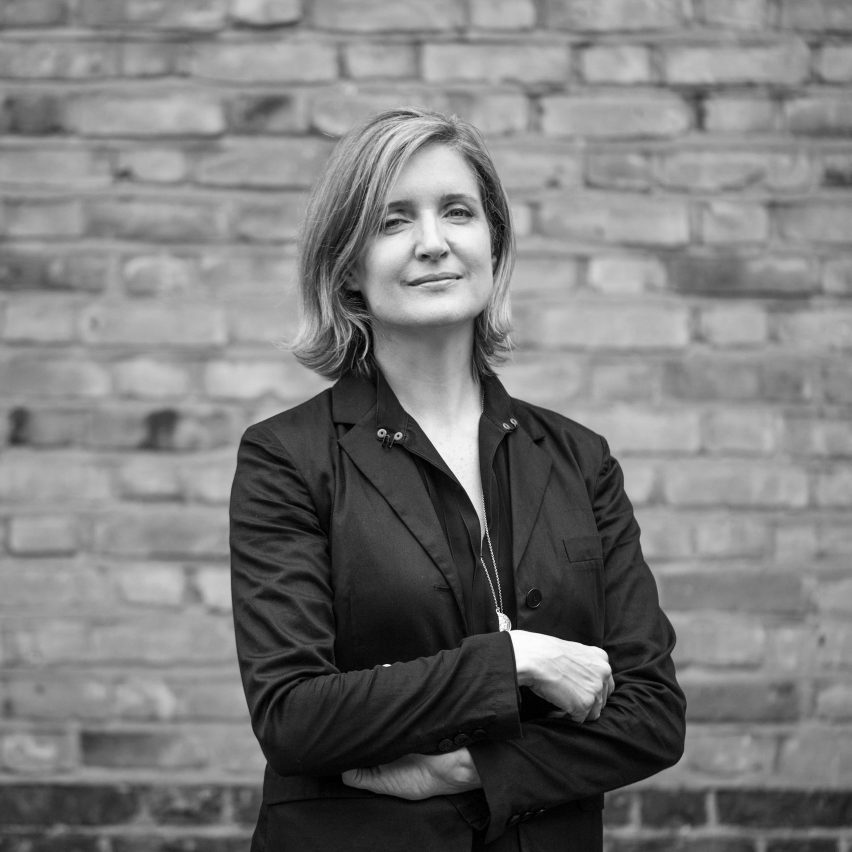
"We are concerned that talented potential employees might be dissuaded from applying"
Deborah Saunt, director, DSDHA
Now it has happened, what impact has Brexit had on your studio? We are an international studio drawn and fortunately, all our European staff have settled status and it seems quite simple to achieve.
However, with more projects in the pipeline and the continual need to attract the brightest and the best, we are concerned that talented potential employees might be dissuaded from applying due to the fundamentally off-putting message that Brexit broadcasts.
Besides the valuable research and ideas exchange that teaching architecture abroad offers, for me teaching at Yale School of Architecture and the University of Navarra in Spain demonstrates my personal commitment to maintaining international discourse as well as hopefully attracting potential future-employees from all over the world.

"We do expect a degree more friction"
Nenad Manasijevic, principal director, TP Bennett
What impact has Brexit had on your studio? The real impact of Brexit is yet to be seen. Right now, the biggest impact is psychological: concern about whether the UK will still be able to attract – and employ – the best talent. How do we continue to compete on a global stage?
TP Bennett's projects in Europe are still running and we're not experiencing much slow down as the majority of our international clients are used to working across the globe. There has never been a single "European" working style; working in Paris or Berlin has always been different to working in Rome; but we do expect a degree more friction when it comes to qualification equivalents and the finer details of working visas, for example, as neither were defined succinctly for services in the Brexit agreement.

"Difficult to separate Brexit issue from the impacts of Covid"
Katie Atkinson, HR manager, Grimshaw
What impact have you seen so far? It has been difficult to separate out the Brexit issue from the impacts of Covid. We were anticipating a large amount of job applications in the last quarter of 2020 to enable EU citizens to be eligible for settled status. However due to travel restrictions or an unwillingness to travel this never materialised.
We are looking forward to the clarification around rules for working from other countries and hope that with the increasing availability of digital nomad visas, we can still attract and retain staff from all over the world.

"It's early days and we are monitoring it closely"
Oliver Bayliss, director, Buckley Gray Yeoman
Now it has happened, what impact has Brexit had on your studio? Considering we already do a lot of work in Europe, we haven't seen any impact yet. In fact, we have recently been appointed on a large residential scheme in Madrid and have opportunities in Milan and Rome, which is encouraging. That said it's early days and we are monitoring it closely.
How do you expect Brexit will impact your studio moving forward? Obviously, there are logistical issues related to travel that we need to overcome, however, it is still unclear how we will be affected in the long term. One implication will no doubt be fewer Europeans applying for jobs or university places in the UK – which will be a great loss not only to our business but also to the industry as a whole.
Are you seeing issues with staff and or suppliers? Not yet but it's too soon to say.
What steps are you taking to mitigate the impact? We are looking at a variety of ways to mitigate the implications of Brexit. One is to create a European hub, most likely in Spain, that eases the travel issues and allows us to have a more permanent footing there.

"Immediate impact appears to be quite minor"
Jerry Tate, partner, Tate Harmer
Now it has happened, what impact has Brexit had your studio? To be completely honest the immediate impact appears to be quite minor, although it is hard to know if we might be pursuing more opportunities in Europe right now under different circumstances.
How do you expect Brexit will impact your studio moving forward? There are two aspects which may impact us, but which I hope we can mitigate against. Firstly, we have an incredibly talented team at Tate Harmer, many of whom come from outside the UK. I hope that, despite Brexit, London remains an international beacon for great architecture and that we can continue to recruit such amazing people.
Secondly, like all ambitious studios, we would like to design work internationally. Europe has a mature and sophisticated architecture scene and I hope that being outside the EU does not create an additional barrier to us working with our immediate international neighbours.
Are you seeing issues with staff and or suppliers? In terms of staff, we have made sure all our team have the correct status in terms of working in the UK. In terms of suppliers, there does seem to be slightly random shortages of materials at the moment which could be related to the pandemic as well as Brexit. For example at one point Larch cladding was in very short supply, and lead-in times for some more sophisticated European items, such as windows, do seem to be increasing.
What steps are you taking to mitigate the impact? In the immediate sense, I think that keeping flexible is the key to working with uncertainty. However, in the long term, I think that the best mitigation strategy is to help ensure London remains a key part of the international architectural community.
This involves working on inclusivity and diversity, being deeply involved with educating the next generation of architects (we love teaching at the Bartlett UCL), and making sure we keep reaching out to our international friends and neighbours.